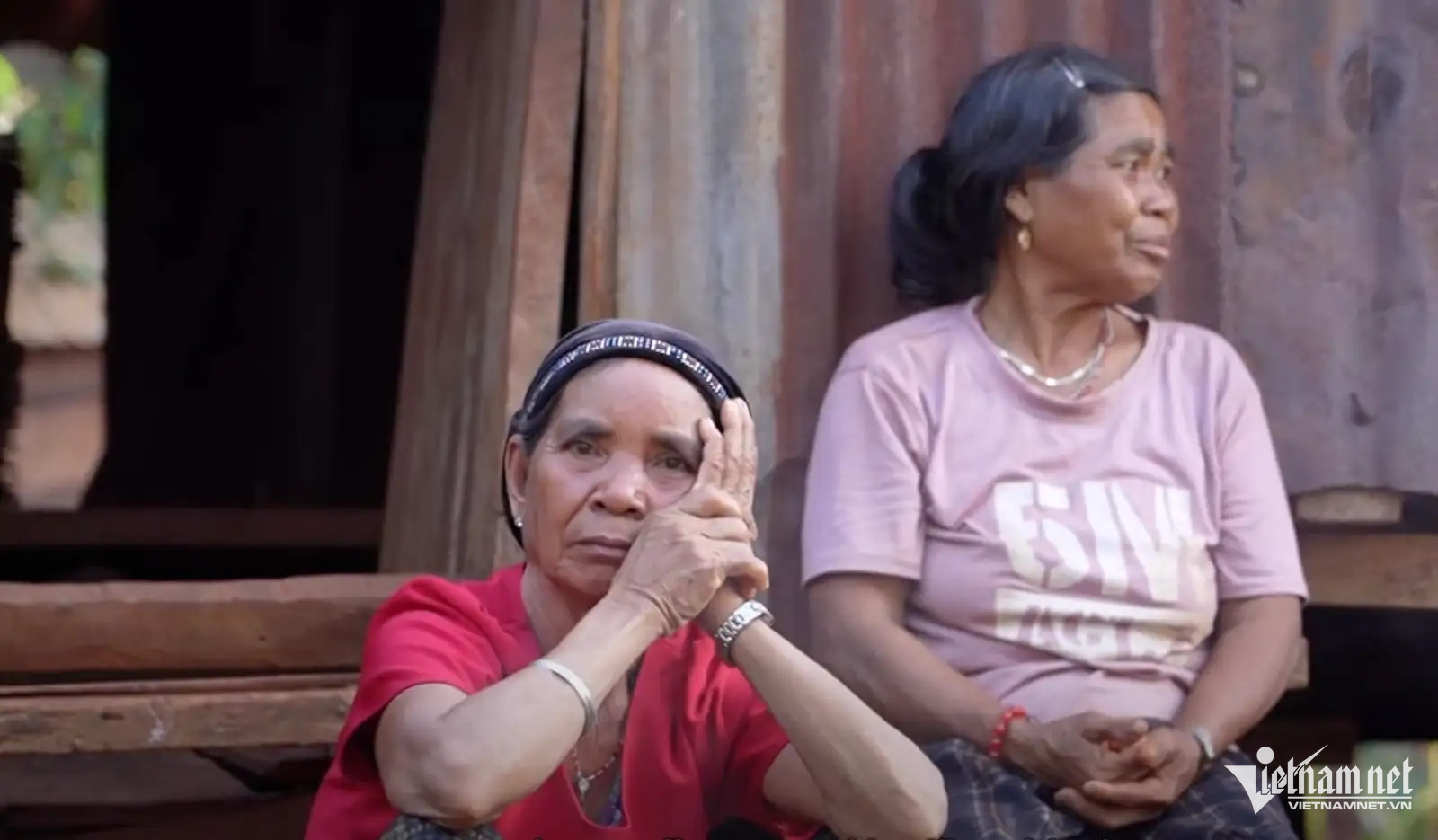On October 31, the Government's Standing Office on Human Rights, in collaboration with the Gia Lai Provincial Human Rights Steering Committee, held a training conference on human rights for 2024.

The conference welcomed over 200 representatives from provincial departments, agencies of the Steering Committee, and provincial police forces.
Opening the conference, Colonel Nguyen Ngoc Son noted that despite ongoing complex global and regional dynamics influenced by intense competition among major powers, Gia Lai province has achieved notable progress in promoting and safeguarding human rights.
Highlights include:
Religious and ethnic security remains stable.
The province’s GDP grew by 3.76% in the first nine months of 2024, ranking fourth among five Central Highlands provinces.
The consumer price index (CPI) increased by 3.4% compared to the same period in 2023.
Through the effective implementation of the National Target Program on Socio-Economic Development for Ethnic Minority Areas, 128 ethnic minority villages in Gia Lai have met new rural standards. Social welfare policies, particularly for war veterans, the elderly, people with disabilities, and children-especially disadvantaged children-continue to be prioritized.
However, economic development in Gia Lai is not yet stable or sustainable. Infrastructure for healthcare, education, and culture remains underfunded, and hostile forces exploit ethnic, religious, and human rights issues to distort and undermine Vietnam’s human rights efforts on international platforms.
Enhancing collaboration and strategic focus
Colonel Nguyen Thi Thanh Huong, Head of the Human Rights Division at the Government's Standing Office on Human Rights, emphasized that safeguarding human rights is a shared responsibility of the entire political system, requiring collaboration across departments and agencies.
During its tenure as a member of the UN Human Rights Council (2023–2025), Vietnam will continue fostering dialogue and cooperation on human rights, countering disinformation, especially on ethnic and religious matters. Therefore, human rights work must integrate constructive initiatives and resistance strategies, ensuring economic and social development while safeguarding political, economic, and cultural rights.
The conference provided updates on new issues in human rights work, helping officials integrate knowledge into their duties. Key presentations included: Human rights work in the current context; New religious phenomena and fringe cults; Strategies to counter hostile narratives on human rights in cyberspace.
These sessions offered practical insights for officials involved in managing and implementing human rights measures, enhancing their skills and effectiveness.
In closing, Colonel Nguyen Ngoc Son reiterated the importance of innovative thinking and decisive actions to make human rights efforts in Gia Lai more practical and impactful. He outlined key priorities:
Proactively advising on policies and laws to enhance human rights and improve living conditions, especially for ethnic minorities.
Ensuring freedom of belief and religion, exploring innovative approaches, and scaling up successful initiatives.
Strengthening human rights awareness campaigns.
Increasing accountability among departments and agencies in human rights work.
The conference served as a valuable platform for sharing experiences, addressing challenges, and fostering collaboration between central and local agencies in protecting and promoting human rights.